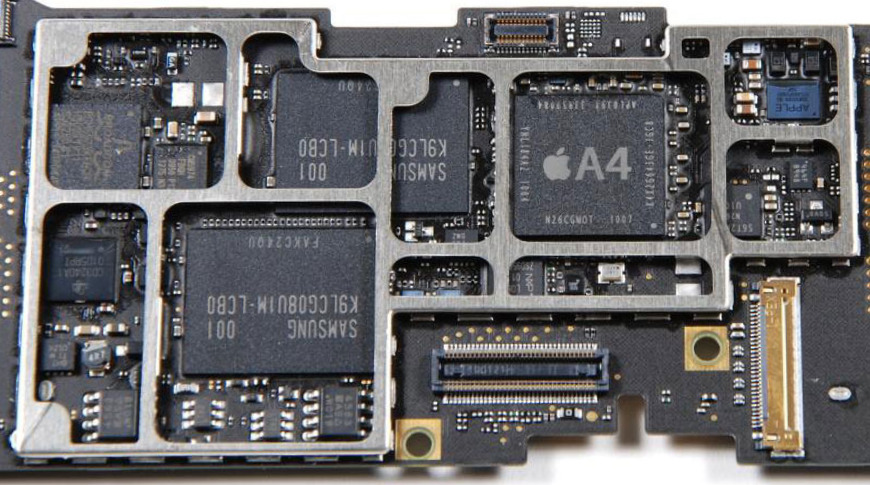In a joint effort, Apple and Broadcom are trying to overturn the results of the January 2020 Caltech Wi-Fi patent trial, which resulted in $1.1 billion in fines applied to the two companies.
A new filing made by Apple and Broadcom on Thursday urges the court to overturn the results of the trial. The brief suggests that the original trial was conducted with "multiple legal errors."
The patent trial that concluded in January 2020 found Apple and Broadcom guilty of infringing on patents owned by the California Institute of Technology for WiFi. Apple sought to invalidate the patent at the heart of the suit in March, but failed.
During the trial Caltech's lawyers argued a hypothetical licensing deal in 2010 for chips used in iPhone, iPad, Mac, Apple Watch and other products would have brought in some $1.40 per device from Apple and 26 cents each from Broadcom. That calculation was adopted by the jury to apply an $838 million fine for Apple and accompanying $270 million fine for Broadcom.
"These rulings unfairly prejudiced appellants," the appeal brief said," and greatly hampered their ability to rebut Caltech's repeated emphasis at trial on the supposed importance of the patents-in-suit, which led to an enormous — and unwarranted — damages award."
According to Law360, Caltech says that Apple's and Broadcom's conduct had been "truly egregious." Caltech asked the court to push the payment up to over $2.2 billion after lawyer and damages were calculated. In August, the judge added only $66 million in fines, citing that he would wait on calculating additional fees until the appeal had been handled.
Apple is usually in a legal battle of some kind over patents or antitrust concerns. Currently, the most publicized trial is Apple versus Epic as Epic games seeks to open its own app store on Apple's platforms.
 Wesley Hilliard
Wesley Hilliard








 Marko Zivkovic
Marko Zivkovic
 Christine McKee
Christine McKee
 Andrew Orr
Andrew Orr
 Andrew O'Hara
Andrew O'Hara
 William Gallagher
William Gallagher

 Mike Wuerthele
Mike Wuerthele
 Bon Adamson
Bon Adamson




-m.jpg)



4 Comments
Caltech is the California Institute of Technology, not the California Technical Institute...
The amounts rewarded in these suits aren't realistic and treat jurors like they have experience in contract negotiation for tech IP licenses, which obviously they don't. In a real world scenario Caltech's IP would have lost out to a more affordable alternative or home-grown technology.
The next issue is that the hypothetical licensing goes back to 2010, the suit wasn't even brought until 2016. Allowing this encourages patent squatting - whereby one can patent all manner of methods for performing a basic function in the hope that someone produces a valuable product with it by accident, in any other circumstance the inventions would be worthless(or merely the value of development). The value came from those who built additional technology around it; in complex devices the patent itself is relatively insignificant technology, and could have been replaced with alternative methods.
How the US patent system works needs revision - it's not well suited for complex devices that operate on the foundation of literally millions upon millions of methods. It needs to inherit some of the defend it & use it or lose it aspects of the copyright system.